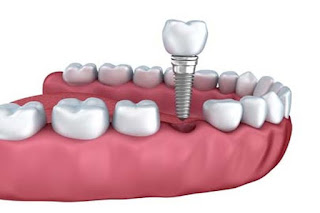When you prepared for a dentist appointment in the past, you may have noticed that your nerves were on edge, you felt irritable or depressed, and you felt like you could not muster enough courage to step out the door. However, this time, it will be a little easier because you will know you are headed to see a sleep dentist. A sleep dentist, also known as a sedation dentist, features a relaxing environment during appointments and procedures by providing you with varying levels of sedatives. Although they are called sleep dentistry practices, they actually typically do not put you all the way to sleep. The differing levels of sedation that may be considered are:
- Minimal sedation. You are in a relaxed stage, but you are also aware of your surroundings.
- Moderate sedation. You feel heavy and sleepy and may slur when you talk, but you can still follow verbal orders from the dentist. In this stage, you may or may not remember your entire appointment.
- Deep sedation. You are barely on the edge of consciousness, but you can be woken up if needed.
- General anesthesia. You are completely unresponsive and asleep. This form of sedation is typically reserved for oral surgeries.
In the meantime, you can prepare for your appointment by:
- Making a list of all the things you are anxious about to share with your dentist.
- Setting your appointment early in the morning so you are not required to wait. This will limit how long you agonize over the appointment.
- Bringing a friend or loved one to calm you.
- Bringing along your favorite reading materials or music to distract yourself while you wait to be sedated.
- Requesting oral sedatives that can be taken before your appointment and arrange for a driver to bring you in.

